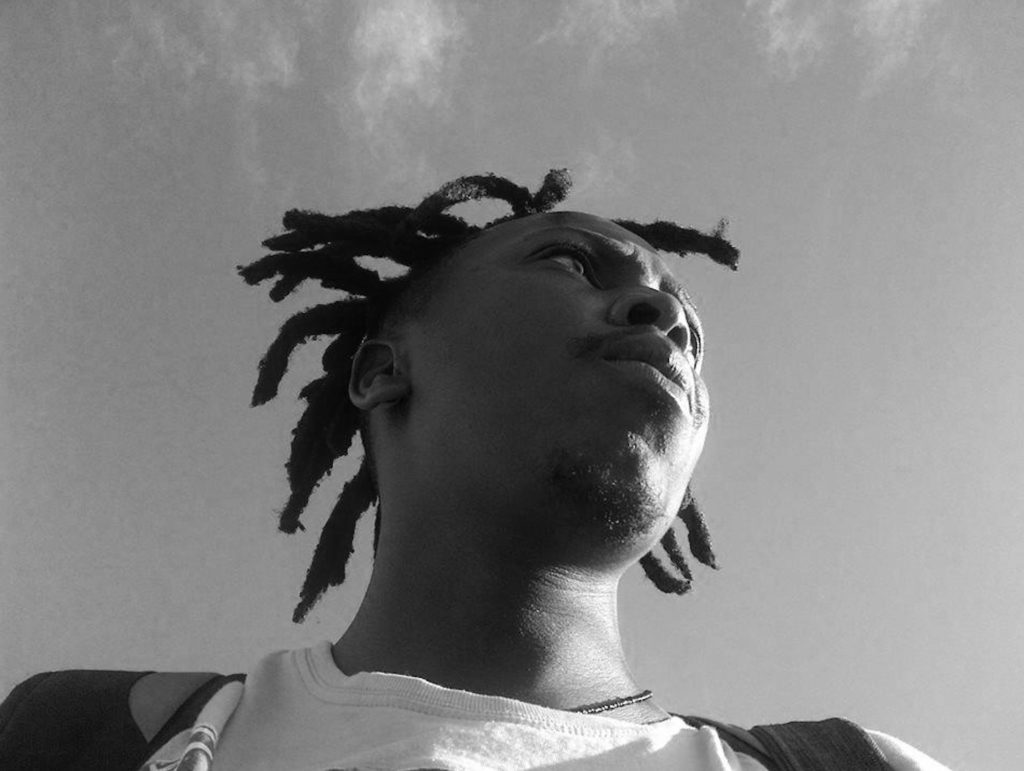“A careful reading of the fictions that are being published in South Africa
today reveals a harrowing truth, whose theme-handling hideousness, lack
of linguistic heartiness, only the insincere and half-sighted would deny.
Novelists are inextricably ensnared in a web of overfamiliar and old-
fashioned tropes, images and modes: the well is dry.”
So writes Unathi Slasha in his essay, Much with the Dead & Mum with the
Dying, or: Rigidities of Rationalism, Camaraderie Criticism & Contemporary
South African literature. His penchant for pulling no punches has earned
the Despatch-based scribe something of a reputation for being difficult – or
even a “literary thug” as one social media troll put it. Yet to dismiss his
disillusionment with the state of contemporary South African fiction is to
overlook an unflinching commitment to the word that underpins his writing.
Miles Keylock caught up with the author to find out more about his first
novella, Jah Hills, published this month by Black Ghost Books. The work
has been described as “a dizzying investigation of life, death and those of
us who will never die, a fever dream, and a sprawling inquiry into belief and resistance that re-imagines and subverts Nguni folklore” to write what he refers to as the “Unlanguaged World that is South Africa today”.
What is this ‘Unlanguaged World’ you articulate in Jah Hills?
When I was [studying]at Nelson Mandela University I was surprised by the limitations in South African literature. Ndjabulo Ndebele’s idea of “the
ordinary” was forced down our throats. It was the lens in which everything
was read. For me this was limiting. In the [Khayamnandi] township where I come from myth is very important. In conversation people always talk about experiences they can’t explain. Most of South African literature is not interested in that mythological world. A lot of people say it is unrealistic. But on a daily basis people talk about these things. People die mysteriously and always attach some mythological explanation to that. Township slang is inventive, you know what I mean? Xhosa language is very rich. It speaks about this thing – but it’;s speaking about something else at the same time.
I’m still trying to theorise the “Unlanguaged World”, it’s an ongoing
interrogation, not necessarily trying to find explanations but trying to write
about it in a very descriptive way. Basically it’s trying to find a language that matches the experience… that captures the possibility of it.
In a recent Rhodes Music Radio interview you spoke about the
influence of hip-hop in your attempts to capture this possibility…
The music is very important. When I was writing Jah Hills I was imitating
the flow in hip-hop – the way the words are put together. If you read the
text it’s in the form of a rap song. In my head there was a rhythm, a …
movement… it was a prose flow that I found. That is why in every chapter
after [the character]Jah Hills has been turned into isithunzela it flows like
that. The sentences are shorter, punchier and straight to the point. I regard
it as a musical piece. I was listening to underground rap music and the
rhythms of boom-bap, especially old skool. Jah Hills is an attempt to reach
that level of musicality.
Are you confident that this musicality will be heard or indeed, read?
I’m very optimistic. There are people out there listening who are tired… of
the sterility of the country. There are people who will listen and say “Eish!
this is real”. And if someone else thinks this is shit, then they have to step
up and theorise against it. My work is out there. If you’re gonna say
something you have to be able to stand by that thing. I'm ready to do that,
whether I’m alone or with isithunzela (chuckles).
Unathi Slasha launches Jah Hills upstairs at The Phoenix Sports Bar, 6
Dundas Street, Grahamstown on Friday March 2 at 7pm. Admission is free.
Snacks served. Bring money for books and beer.
More info: www.blackghostbooks.co.za


